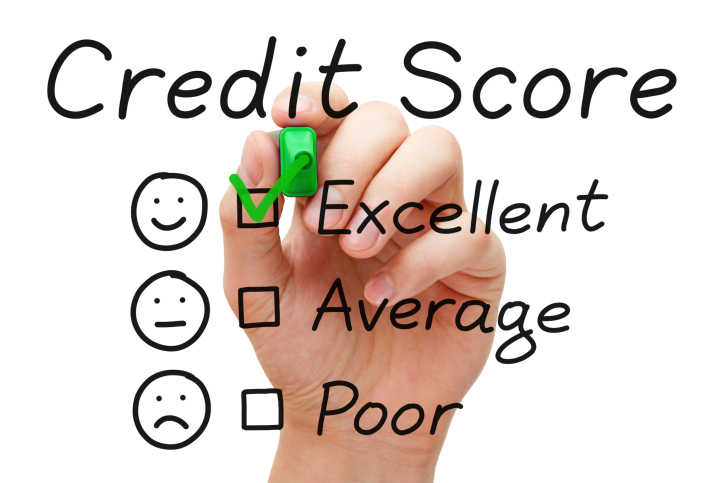
The better your credit score, the better the mortgage interest rate for which you should qualify. That can mean thousands of dollars saved over the life of the mortgage. If your credit score needs improving, get started prior to your search for a new home.
Pay Bills On Time
The simplest way to boost your credit score is by ensuring your bills are always paid on time. Nothing harms a credit score more than late payments.
Check for Credit Report Errors
Check your credit reports for any errors. These issues are not uncommon, and can really impact your score. Each of the three major credit card reporting bureaus –Equifax, Experian, and TransUnion –will provide you with a free annual report.
Credit Utilization Rate
Look into your credit utilization, or CU, rate. The CU rate is another big credit score consideration. Your CU rate is the amount of credit authorized versus the amount you use. It’s one reason maxing out your credit cards is not a wise move.
Never allow your CU rate to exceed more than 30 percent of your available credit. In simple terms if you have $1,000 in available credit, never use more than $300. High CU rates are a red flag, as they indicate someone with potential financial problems. For best results, keep your CU rate as low as you can.
Calculate your CU rate by adding up the credit limits on all cards, as well as the balances. Divide the total balances by the total credit limit, then multiply by 100. That amount is your CU rate percentage.
Reduce Your Debt
If you carry credit card debt, pay it down as much as possible. That also helps lower your CU rate.
Avoid Opening New Credit Card Accounts
Do not open new credit card accounts while trying to boost your credit score. A new account lowers the age of your accounts, affecting your credit history and lowering the CU rate.
Do Not Close Unused Credit Card Accounts
Do you have credit cards you never use? You might think closing them would boost your credit score, but that is not how it works. When you close the account, the amount of credit you have drops. That triggers a CU rate increase.
Refinancing Credit Card Debt
If you have substantial credit card debt, consider refinancing all of it with a personal loan. You should receive a lower interest rate with your balances now merged into a single monthly payment. This also causes your CU rate to go down.
How Long Will It Take?
How long it will take to improve your credit score depends on the severity of your credit problems. Those with serious credit issues may find it takes years to raise their scores significantly, but most people should see improvement within a few months. Then it is time to think about mortgage shopping!

